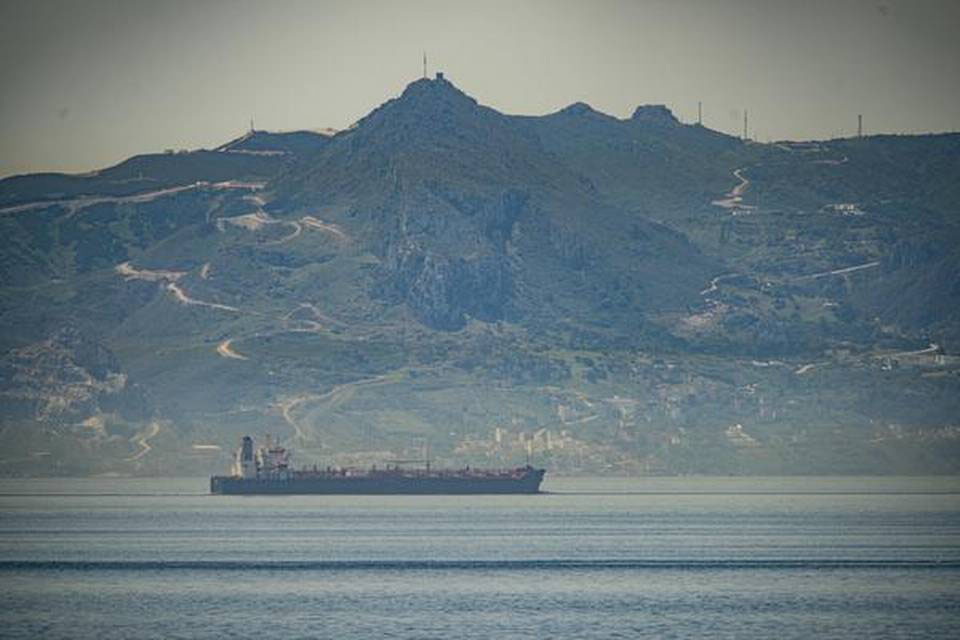April 22 will be the next timeline that Venezuela’s President Nicholas Maduro will be mindful of in pursuit of his long-running quest to fend off Washington’s efforts to remove his administration from office. Using pressures designed to choke off Venezuela’s oil revenues, President Donald Trump’s weapons have left Venezuela perilously close to being on its economic knees.
Trump’s key tactical pursuit in his bid to remove the Venezuelan president from office has been to seek to systematically decouple Venezuela from the global oil industry, a strategy which, if it is successful, will effectively push the country’s economy into an even deeper crisis than it finds itself at this time.
Largely for reasons that have to do with the losses which it will suffer if and when it departs Venezuela, President Trump has been, up until now, exempting one of the USA’s powerhouse oil companies, Chevron, from his administration’s directive to other US companies to quit Venezuela. Up to this time, Chevron’s presence in Venezuela persists courtesy of a succession of exemptions authorised by Washington.
Time is running out for Chevron’s sanctions waivers, the most recent one due to expire on April 22 and media reports from the oil sector are becoming increasingly strident in their predictions that the end of April could spell the end of the line for Chevron’s presence in Venezuela, at least for as long as the Maduro administration remains in place.
On Friday, a Bloomberg article (co-authored by Saleha Mohsin, Jennifer A. Dlouhy, Ben Bartenstein and Kevin Crowley) declared that “The Trump administration is ready to unleash the full impact of sanctions on Chevron Corp.’s operations in Venezuela as the U.S. seeks to further squeeze the Maduro regime.” Pressing “people familiar with the matter” into service as its sources, Bloomberg reports that it is “increasingly unlikely” that the existing waiver which continues to allow Chevron access to Venezuela’s crude oil will be pushed beyond the present deadline.
The Chevron waivers, four up until now, began in 2018 when sanctions were first announced. While the Bloomberg offering on the matter is conspicuous for the anonymity of its sources, other likely evidence of a decision in Washington to ramp up the pressure on the Maduro administration may exist. In February the US sanctioned a section of Russia’s largest oil producer, Rosneft PJSC, for its continued ties with Venezuela’s oil industry. The USA’s decision to extend its sanctions reach as far as Russia’s powerhouse Rosneft, is believed to be intended as a signal of its determination to ensure that its sanctions against the Maduro administration continue to bite deep enough to cause Maduro to have to surrender his office. The US, however, is not altogether unmindful of the prospect of a Chevron withdrawal from Venezuela resulting in a ceding of market share and influence in the country with the largest known oil reserves anywhere, to Russia.
With the Maduro administration long in survival mode, its sights are firmly fixed on how to continue to get the optimum in terms of revenue out of its oil sector, a circumstance that makes the sanctions issue a life and death matter for the Venezuelan president. In this regard he remains mindful of his administration’s exposure to the consequences of Washington suddenly pulling the plug.
PDVSA, Venezuela’s most strategically important state asset has experienced Maduro-directed changes in its management as the government seeks to ensure that it maximises its returns from oil, the life-blood of the country.
The declaration on March 1 of an “energy emergency” in Venezuela and the appointment of a commission to revamp the state-owned oil company had followed a partial changing of the management guard. This came, seemingly, in response to a strong sense within the leadership of Venezuela’s administration that Washington may be on the verge of squeezing even tighter. For his part, Maduro’s choices in terms of the survival of his administration, at least for the time being, are limited to boosting his country’s crude oil sales by any means at his disposal. The option that appeared to be favoured was assigning majority shares in the country’s oil industry to major international oil companies, in effect surrendering for now at least, complete state ownership. A Maduro-appointed commission is reportedly at work at this time weighing the options.
Going forward and with both the deepening economic crisis in Venezuela and the threat of a more robust US sanctions regime hanging over his administration, President Maduro would appear to be operating in emergency mode, with the country’s oil industry at the centre of the unfolding drama that is as much about the immediate term future of the sector as it is about his own political future.






